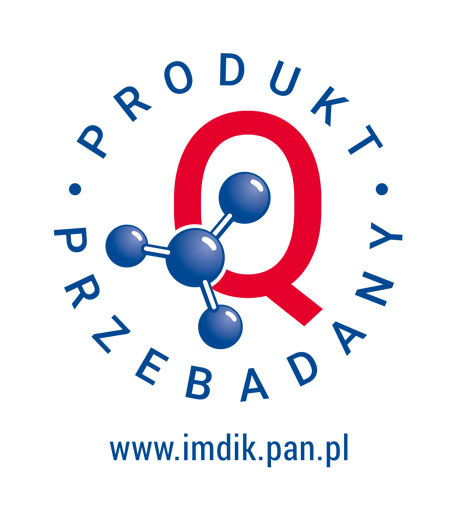In addition to monoclonal antibodies, cell therapies employ adoptive transfer of modified immune cells to fight cancer. These modifications often include introducing chimeric antigen receptors (CARs) into cytotoxic immune cells. CAR receptors are synthetic proteins that reprogram T cells, NK cells or even macrophages to recognize specific antigens on the surface of cancer cells. Their modular structure consists of an extracellular domain derived from antibody variable fragments for antigen recognition and intracellular activation domains from native T cell receptors and costimulatory domains. Essentially, CAR receptors use the antigen-binding ability of antibodies to activate T lymphocytes and NK cells, stimulating their degranulation and cytotoxic functions.
Notably, CAR-T cell therapy targeting the CD19 antigen has shown remarkable success in the treatment of hematologic malignancies. Since 2017, four anti-CD19 CAR-T products - Kymriah (Tisagenlecleucel), Yescarta (Axicabtagene Ciloleucel), Tecartus (Brexucabtagene Autoleucel), and Breyanzi (Lisocabtagene Maraleucel) - received approval from the US FDA and EMA. These approvals were based on Phase 1/2 clinical trials that demonstrated complete remission in 60-90% patients. Kymriah and Yescarta are reimbursed drugs in Poland, with Kymriah indicated for children and adults with relapsed/refractory acute lymphoblastic leukemia, and Yescarta for adults with relapsed/refractory B-cell lymphoma.
Despite its success, anti-CD19 CAR-T therapy has limitations, including primary or acquired resistance. Potential reasons for treatment failure include factors related to CAR-T cells, such as rapid exhaustion, inappropriate proliferation, short persistence in the body, or excessive toxicity. However, the most common cause of resistance is loss of the CD19 antigen by tumor cells, which occurs in up to 30% of patients with high-risk lymphomas and acute lymphoblastic leukemia, an area of focus for our research.







